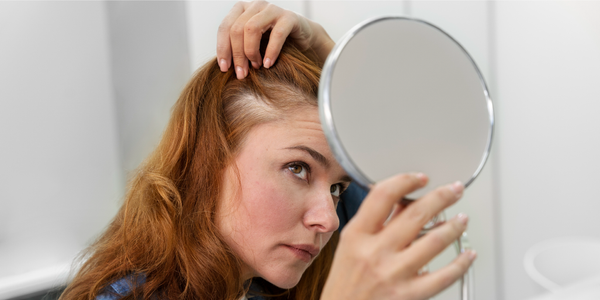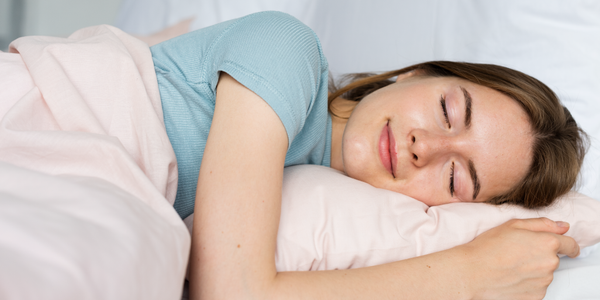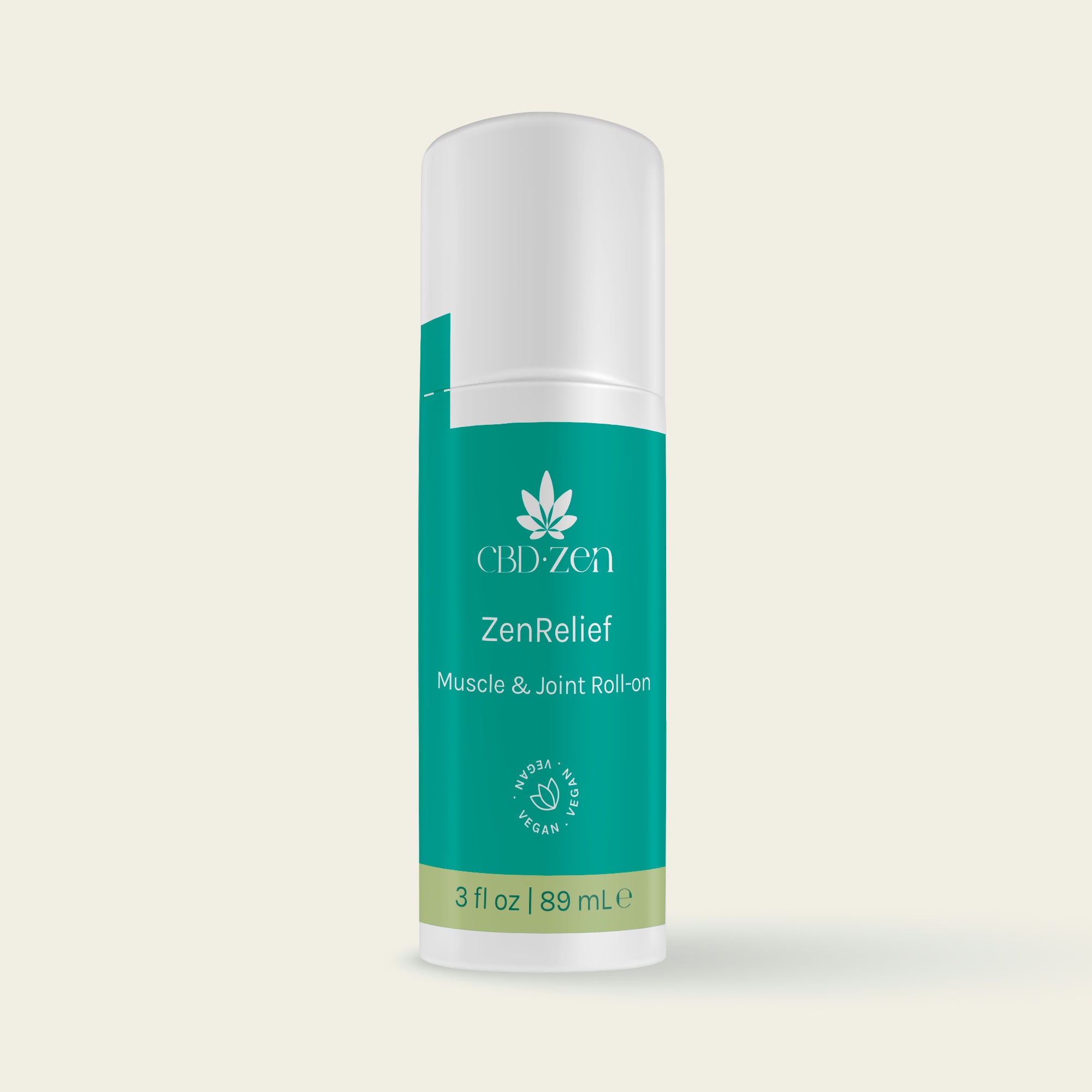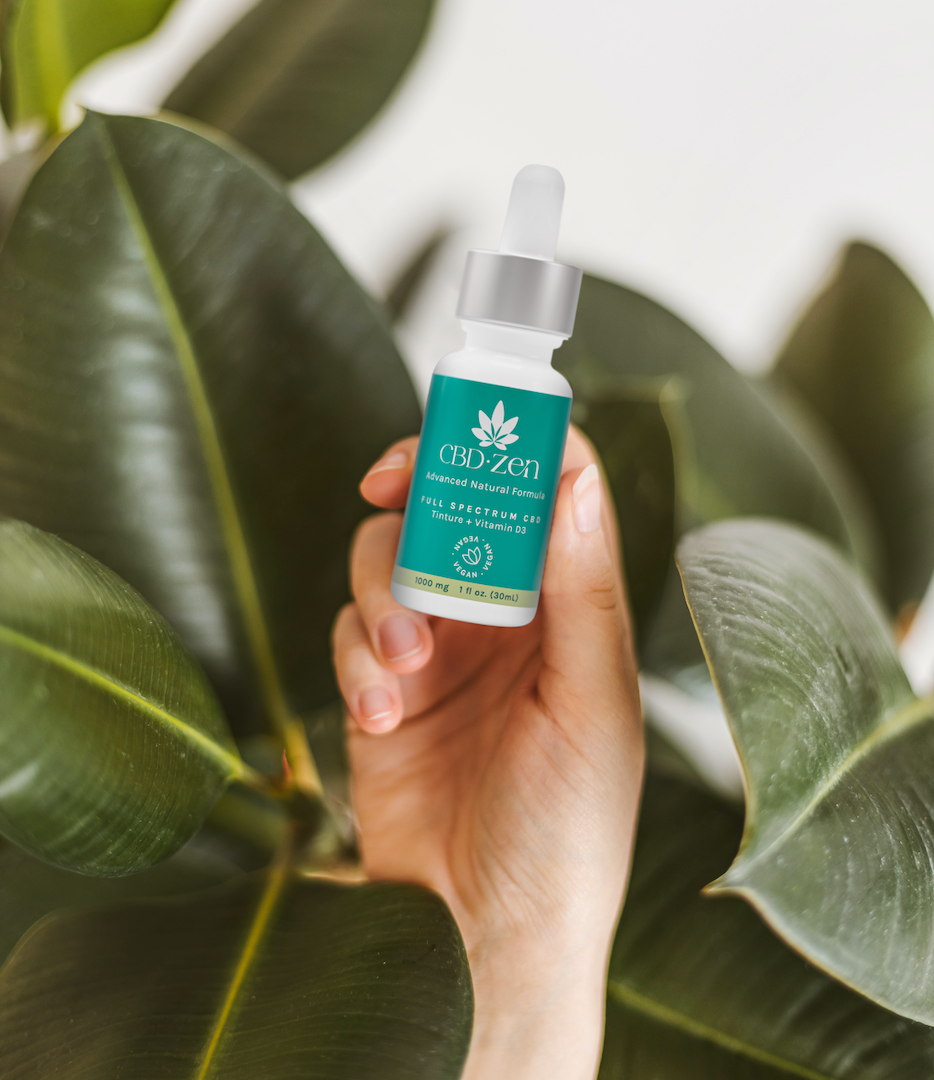Don't Let Stress Destroy Your Hair

Have you experienced high levels of stress or anxiety lately and found yourself worried when you notice more hair on your brush or in the shower? Hair loss is a natural process, but in times of intense stress, it can become a cause for genuine concern.
Losing around 100 hairs a day is common, but stress can exacerbate this phenomenon, weakening the hair and making it more prone to falling out. When should we really be alarmed? In this article, we will explore how stress and anxiety can trigger hair loss, the different types of alopecia related to these factors, and what steps you can take to prevent it and restore the health of your hair.
How Stress and Anxiety Cause Hair Loss
Stress and anxiety are emotional states that generate a physiological response in our body, which prepares to face a threatening or dangerous situation, something like in “flight mode.” This body response involves the release of hormones such as cortisol, adrenaline and norepinephrine, which affect different systems and organs, including the scalp and hair follicles.
You would be surprised by the number of effects that being permanently in “flight mode” has on our bodies. These hormones can cause inflammation of the scalp, disruption of the hair growth cycle, decreased blood flow, and increased sensitivity to androgens, which are male hormones that can cause miniaturization of follicles and hair loss.
Additionally, stress and anxiety can affect our lifestyle habits, such as eating, sleeping, exercising, and personal care, which can negatively impact the health of our hair.
Types of Hair Loss Associated with High Levels of Stress
There are different types of alopecia or hair loss that can be related to stress and anxiety, including the following:
- Alopecia areata: In alopecia, stress-induced hair loss occurs when white blood cells attack hair follicles. In this type of hair loss, the hair falls out within a matter of weeks. Hair usually falls out in patches, but it can affect the entire scalp and even body hair.
- Telogen alopecia : This type of stress-induced hair loss is more common but less serious. The hair stops growing and remains inactive, falling out two or three months later. It usually grows back within six to nine months.
- Trichotillomania . Trichotillomania is an irresistible urge to pull out hair from the scalp, eyebrows, or other areas of the body. Pulling out your hair can be a way to cope with negative or uncomfortable feelings, such as stress, tension, loneliness, boredom or frustration.
The impact of stress can reach the cells. A study conducted by researchers at Harvard University in 2021 found that chronic stress in mice caused the stem cells in their hair follicles to remain in a resting state for a long time, without regenerating new hairs. Stress hormones, such as cortisol in humans, negatively affect even stem cells.

Recommendations to stop hair loss
The good news is that hair loss due to stress and anxiety is usually reversible, as long as the underlying cause is treated and steps are taken to improve hair health. Some of the recommendations that you can follow are the following:
- Consult a doctor or dermatologist to make a proper diagnosis and indicate the most appropriate treatment according to your type of alopecia. You may need to take medication, apply a topical product, or perform a procedure, depending on the severity and extent of your case.
- Take care of your diet and make sure you consume the essential nutrients for your hair, such as proteins, iron, zinc, copper, selenium, biotin, vitamin A, vitamin C, vitamin E and group B vitamins Consider including Zenzsual Hair, Skin & Nails Gummies in your daily routine , as they go beyond being a simple multivitamin nutritional supplement. Each gummy contains a powerful combination of biotin, vitamin B12, vitamin A, vitamin C, vitamin D and zinc, vital for the metabolism of female and male hormones, working in synergy to promote healthy hair, nail and skin growth. skin renewal.
- Getting enough rest and respecting your hours of sleep is essential for cell regeneration and tissue repair. Additionally, getting a good night's sleep can help you reduce stress and anxiety, thereby improving your mood. Incorporating CBD into your rest routine can enhance these benefits. CBD Zen, our CBD extract, can be a great option to promote restful sleep and contribute to your overall well-being while strengthening your hair after periods of stress. This full-spectrum CBD extract dropper or tincture has a compound called cannabidiol that can help with inflammation, reduce anxiety, relieve chronic pain, improve sleep, and decrease stress.
- Take care of your hair with products suitable for your hair type and scalp, and avoid aggressive treatments, such as dyeing, bleaching, straightening or curling. Use a gentle shampoo, hydrating conditioner, and a nourishing serum or mask once a week.
- Avoid tight hairstyles or hairstyles that put pressure on the hair , such as ponytails, braids, extensions or hats. Let your hair breathe and move freely, and use a natural bristle brush to gently detangle it.

Stress and anxiety are factors that can cause hair loss, but you don't have to resign yourself to losing your hair. With a proper diagnosis, personalized treatment and healthy lifestyle habits, you can prevent and reverse alopecia caused by stress and anxiety, and regain your confidence and beauty.
Don't let stress ruin your hair!
Sources consulted
Stress and hair loss: Are they related? - Mayo Clinic
Is My Hair Loss from Stress Alopecia? (verywellmind.com)
Researchers discover how chronic stress leads to hair loss — Harvard Gazette




Leave a comment